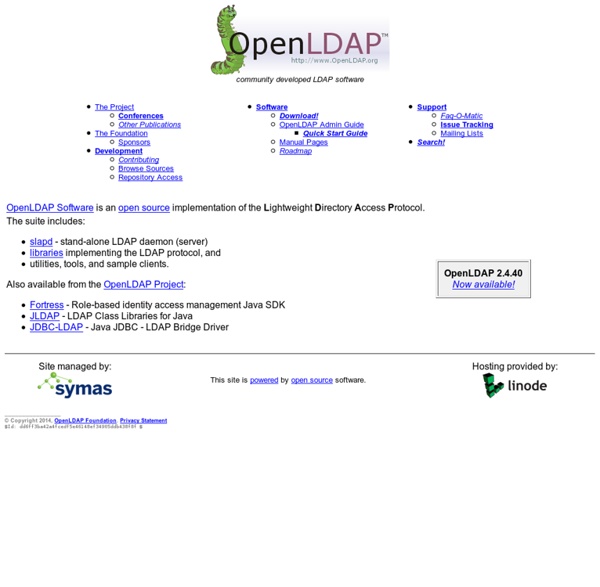



mrcwa - Multilayer Rigorous Coupled Wave Analysis FreeRADIUS: The world's most popular RADIUS Server Optics InfoBase - Stable implementation of the rigorous coupled-wave analysis for surface-relief gratings: enhanced transmittance matrix approach An enhanced, numerically stable transmittance matrix approach is developed and is applied to the implementation of the rigorous coupled-wave analysis for surface-relief and multilevel gratings. The enhanced approach is shown to produce numerically stable results for excessively deep multilevel surface-relief dielectric gratings. The nature of the numerical instability for the classic transmission matrix approach in the presence of evanescent fields is determined. The finite precision of the numerical representation on digital computers results in insufficient accuracy in numerically representing the elements produced by inverting an ill-conditioned transmission matrix. These inaccuracies will result in numerical instability in the calculations for successive field matching between the layers. The new technique that we present anticipates and preempts these potential numerical problems. © 1995 Optical Society of America
OpenCA Research Labs - Home Page mrcwa – Multilayer Rigorous Coupled Wave Analysis with Python and FORTRAN « Adventures in political engineering mrcwa implements the rigorous coupled-wave analysis (RCWA) algorithm for grating diffraction. The computational engine is written in FORTRAN and utilizes the high performance linear algebra package LAPACK, and Python language bindings are provided. Here is the machine_cfg.py that I used to compile it on my MacBook Pro: I used the gfortran that was installed by the SciPy Superpack. Most of the provided examples execute in a reasonable amount of time (~[minutes]), but the superhydrophobic-grating example took about 20 hours to complete on my MBP, so consider yourself forewarned. Like this: Like Loading...
EJBCA - Open Source PKI Certificate Authority - Home Welcome - OpenOpt MKL - Research Computing (The University of Manchester) Overview MKL (Math Kernel Library) is a library of mathematical routines developed by intel for its processors. The library includes: BLAS (Basic Linear Algebra Subprograms) Sparse BLAS C and Fortran 95 interfaces to the BLAS LAPACK (Linear Algebra Package) Fortran 95 Interface to LAPACK FFTs (Fast Fourier Transforms) and DFTs (Discrete Fourier Transforms) Vector Math Library (VML) - core functions with vector arguments. Vector Statistical Library (VSL) - random number generators. GNU Multi Precision (GMP) - arbitrary precision arithmetic on integers. Restrictions on Use There are no restrictions on use. Set Up Procedure To gain access to the libraries you need to load one of the MKL modules. Using the Library To use MKL you will need to link the library at link time. These are all dynamic libraries except mkl_solver , which contains sparse solver functions. Replace -lmkl_lapack64 with -lmkl_lapack32 for single precision. To link to Cluster DFT use: -lmkl_dft_cluster -lmkl Examples Using LAPACK bash$ .